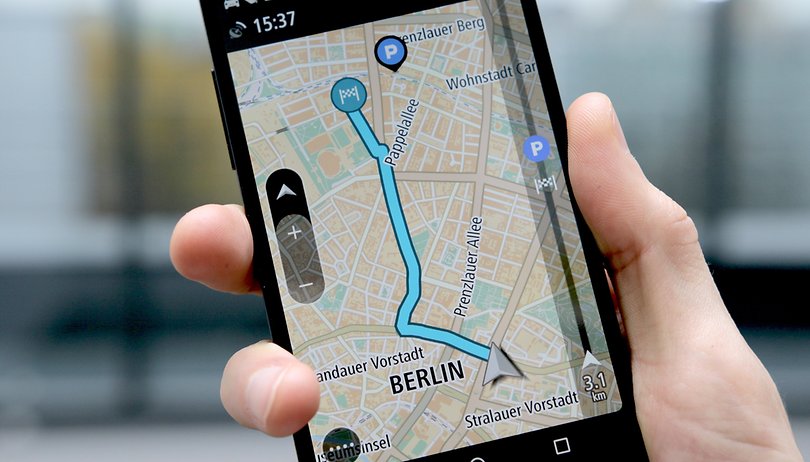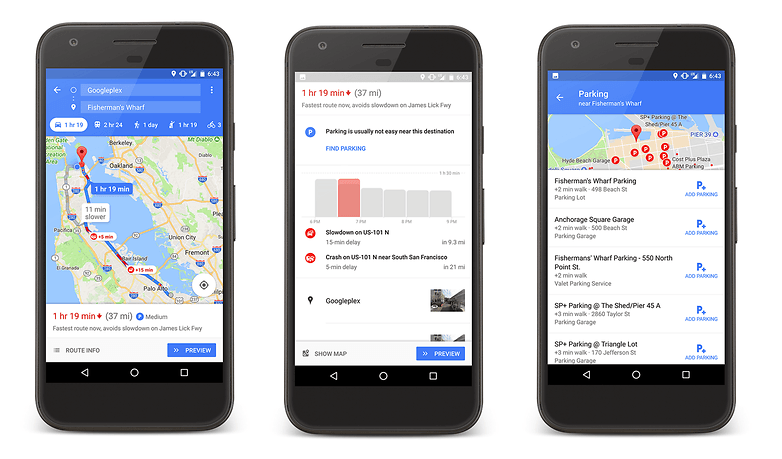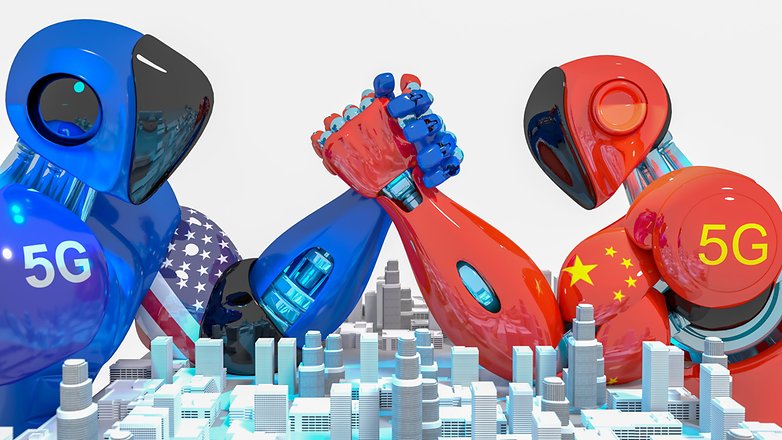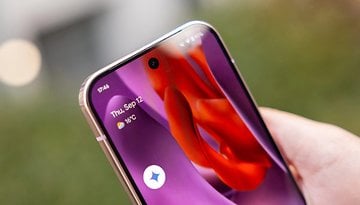The Huawei-TomTom partnership continues to saw through Google's monopoly


Huawei is taking a decisive step forward in its process of cutting ties with Google. The Dutch digital map manufacturer TomTom announced on Friday that it had signed a contract with the Chinese tech group. Even if no details are known, Huawei's motivation can be deduced from the current context - and from this, there are bright prospects for the digital future.
First Harmony OS, then the welcome money for the AppGallery, and now the presumably fat deal with TomTom: Huawei has gradually moved all the chess pieces into position. If Google is no longer allowed to supply software for Chinese smartphones, we are by no means unprepared.
Reuters refers directly to the Dutch map manufacturer TomTom, which is said to have officially confirmed the Huawei deal last Friday. The pioneer of navigation devices is not as successful with the latter as it once was; after all, its foundation dates back almost 30 years. But the business with digital map data kept the company afloat.
Now, things are looking on the up again for TomTom, as tech giant Huawei is reserving parts of its "let's make ourselves independent of Google" budget for the Dutch company. And that's mighty good news for us.

The premise is similar to the emergence of the Play Store alternative, Huawei AppGallery. Every step away from Google's quasi-monopoly is a step in the right direction. Because up to now the operation of Android smartphones has been determined to a considerable extent by Google's services. Even Apple users only either avoided Google products out of social pressure or out of resignation over Apple Maps. This allows a single company to get an almost complete picture of its respective users.
Is Huawei becoming anti-Google?
What is now happening on upcoming Huawei smartphones may herald a return to a more diverse, freer digital life. Instead of a single company that can do everything, we have a network of strong partnerships between the hardware manufacturer and numerous independent software suppliers.
But Huawei has to follow an important rule if it wants to distinguish itself morally from Google. It must promise not to use the data of its software partners in a similar way. And then the irony would be perfect.
The whole trouble between Huawei and Google only arose because the US government (essentially just a single, loud man) had accused the Chinese in general and the tech company in particular of espionage. The evidence for this is still missing, while some for US espionage has already been available since 2013. Google was, and is, also involved, although the company is forced to do so.
China can use this to fight morally against the USA
We should be much more suspicious when we plan or even document our entire lives with online services from the USA - but we aren't. Rather the opposite has happened. A mood of resignation is generally emerging.
Online services and games from supposedly ominous China are celebrating mega successes: with Playerunknown's Battlegrounds (Mobile) and Fortnite, the Chinese tech group (and WeChat mother) has conquered the hearts of millions of players. He also holds shares in Activision Blizzard (World of Warcraft) and Supercell (Clash of Clans).

Even in the privacy-critical social media, a Chinese resident can assert themself. TikTok has poached an entire generation from YouTube, or at least stole a few Instagram minutes a day. Its young users are apparently much more open-minded towards China than many a head of state shouting furiously on Twitter would like to think.
Criticism must remain
This is not to say that Huawei is automatically better than Google. The same critical eyes must be kept on the software products managed by the Chinese, and we must rest on the Americans already caught. However, it is positive that a large counterweight to Google is being established in the really critical smartphone market.
This raises two hopes. On the one hand, corporations can now outdo each other in their respect for our privacy. On the other hand, they can finally compete again for the most innovative solutions to current problems. In both cases, we would be the winners.
Source: Reuters



















